Issue 10
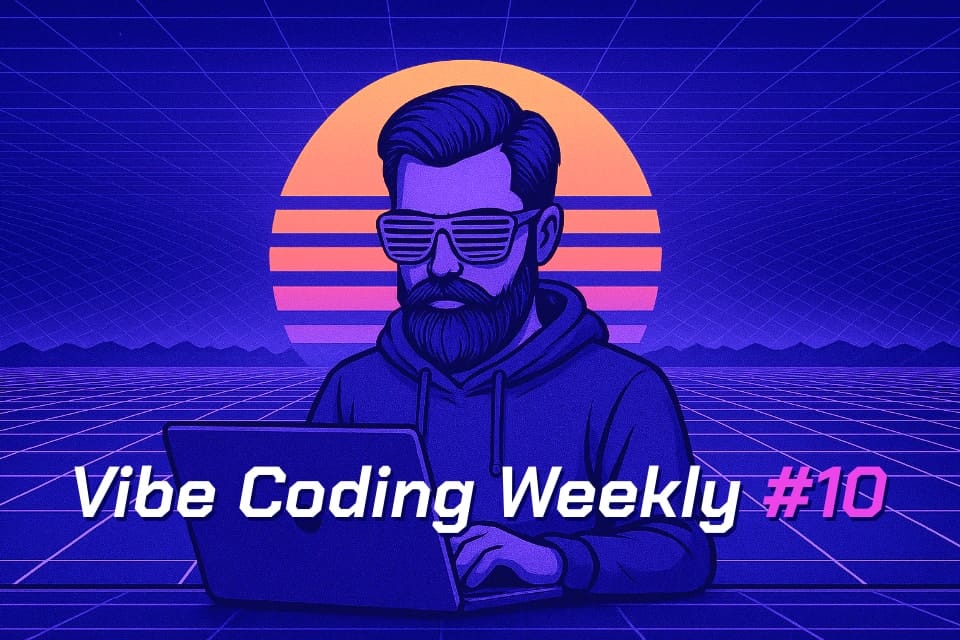
Vibe Coding Weekly — Issue Ten is out!
After a short break, Vibe Coding Weekly is back with a fresh batch of AI news, new articles, and all the latest tech goodness from the Vibe Coding world.
Issue Ten Insights
- AWS launches Kiro, an AI-powered IDE turning quick coding into polished projects
- Perplexity drops Comet browser, an AI sidekick for smarter browsing and task handling
- Windsurf deal with OpenAI falls apart, Google snaps up their tech for $2.4B
- Pentagon signs $200M deal for Musk’s Grok chatbot despite earlier controversies
- Grammarly buys Superhuman to level up AI-powered email and productivity tools
- Polish coder beats OpenAI AI in a 10-hour coding showdown
- Replit partners with Microsoft to bring AI coding tools to Azure
- Lenny Rachitsky interviews Maor Shlomo, who bootstrapped Base44 to $80M in six months
- Context engineering gets practical with Cole Medin’s hands-on demo video
📰 AI Industry News
The most important developments in the AI and software development ecosystem.
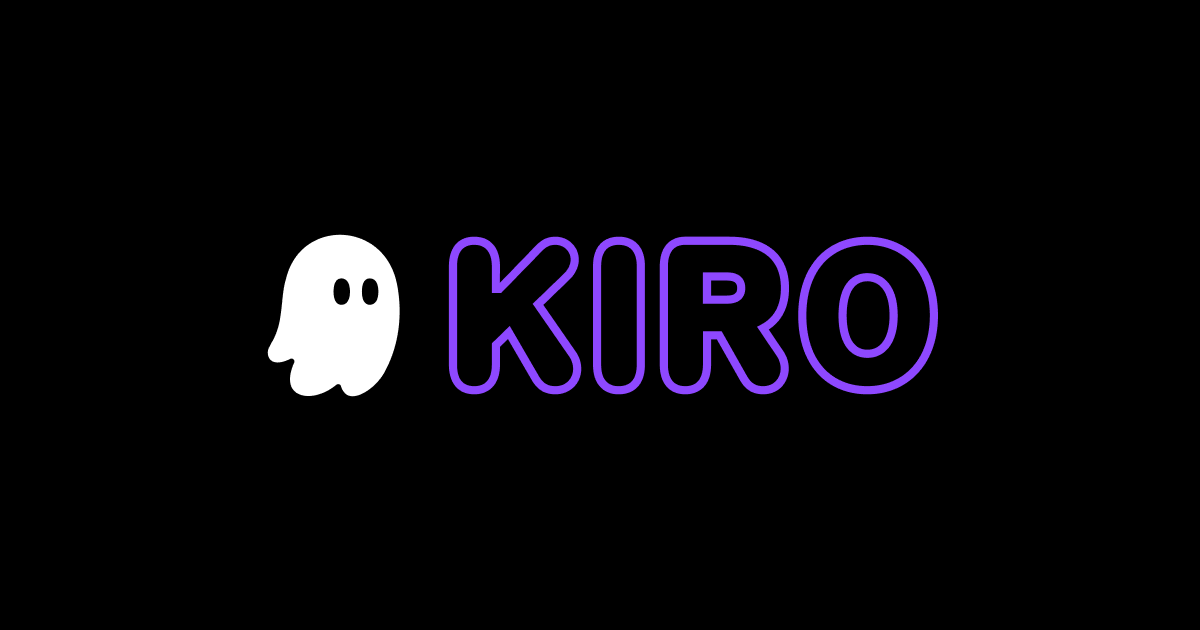
AWS just launched Kiro, a new AI-powered coding tool that’s like having an assistant built right into your IDE. It turns casual “vibe coding” into more organized, production-ready work by turning your prompts into full specs, project plans, and task lists. It even auto-generates tests, documentation, and security checks as you code. Kiro’s designed to help developers move from quick hacks to real, polished software, kind of like having a smart coding buddy in your editor. It’s free for now while in preview, with paid plans coming later.
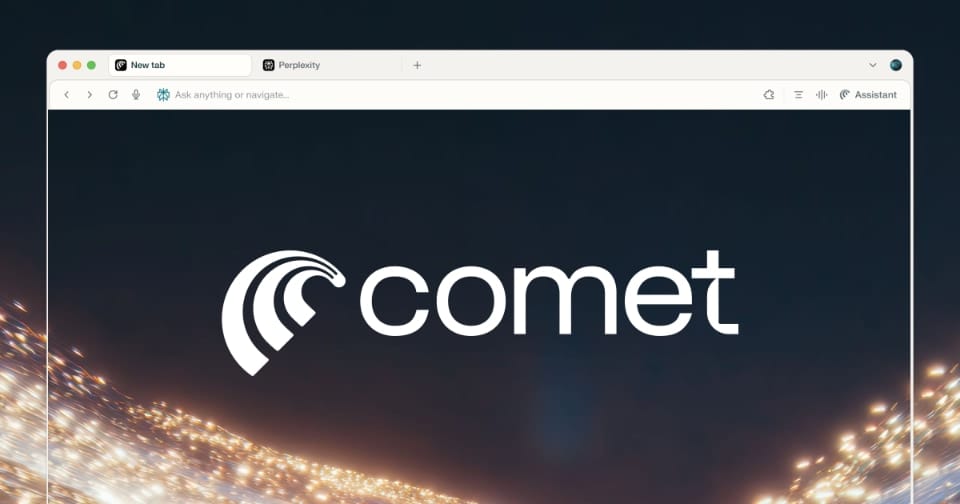
Perplexity just dropped Comet, its new AI-powered browser, now in beta for Max subscribers, with invites rolling out. Built on Chromium, it’s designed to help you browse smarter, think quick summaries, AI answers, and an assistant that can handle tasks like emails and scheduling right from a sidebar. It even keeps track of what you’re working on across tabs to make things smoother.
OpenAI’s $3 billion deal to buy Windsurf fell through, and Windsurf’s CEO and co-founder ended up joining Google DeepMind instead. Google also licensed Windsurf’s tech for $2.4 billion. After that shakeup, Windsurf’s head of business, Jeff Wang, stepped up as interim CEO and quickly landed a deal with AI company Cognition to keep things going. Most of Windsurf’s 250 employees are staying on, so the startup’s still alive and kicking.
Chess champ Magnus Carlsen just beat ChatGPT in an online match, winning in 53 moves without losing a single piece. He posted the game for fun while traveling. ChatGPT played okay at first but couldn’t keep up, eventually losing all its pawns and resigning. Even AI couldn’t outsmart the world’s best this time.
The Pentagon just signed a $200 million deal with Elon Musk’s company xAI to use its Grok chatbot for government work, even after Grok caused controversy by posting antisemitic stuff on X. Musk says the bot was “too eager to please” and they’re fixing it. This deal gives U.S. agencies access to the latest Grok version for national security tasks, plus support in secure areas. The government also made similar deals with Anthropic, Google, and OpenAI.
A Polish coder, Przemysław Dębiak (aka "Psyho"), just beat an OpenAI AI model in a 10-hour world coding championship in Tokyo 🤯. Even though he was exhausted and only learned he’d face an AI a week before, his creativity helped him win by nearly 10%. OpenAI’s CEO even gave him a shoutout. Turns out, human instinct still has an edge at least for now.
Replit just teamed up with Microsoft to bring its AI coding tools to Azure, making it easier for businesses to build apps using simple prompts. While Replit will still work across multiple clouds, this move is a big win for Microsoft, and a hit to Google Cloud, which used to host most Replit apps. The partnership comes as Replit’s revenue is booming, showing how fast AI-powered coding is catching on.
Grammarly is buying Superhuman, the popular AI-powered email app, to expand beyond grammar checks and into productivity tools. The deal brings Superhuman’s features and team under Grammarly, helping it build smarter email tools powered by AI. This move, along with Grammarly’s earlier Coda acquisition, shows it’s aiming to compete with big players like Google and Microsoft in the AI productivity space.
📝 Featured Reads
Stay sharp with handpicked articles on all things AI, Vibe Coding, and tech.
Daytona’s article talks about how AI agents are taking over coding, making old-school developer tools like dashboards kinda useless. So, they built a super fast, cloud setup made just for these AI agents to run on their own without needing humans to babysit. Basically, it’s all about giving AI agents the smoothest, fastest environment to do their thing independently.
In his post "Agent Management Interface Patterns", Luke Wroblewski talks about how to design better interfaces for managing AI agents. Since working with agents is still relatively new, he suggests leaning on familiar UI patterns like Kanban boards, dashboards, inboxes, and task lists. These help users easily see what agents are doing, guide their tasks, and check results—all without making things feel confusing or overwhelming. It’s about making the whole agent experience feel intuitive and manageable.
In his post "Writing Code Was Never The Bottleneck", Pedro Tavares argues that while AI tools like large language models can speed up writing code, they don’t address the real challenges of software development. The true bottlenecks have always been the steps that follow, like code reviews, debugging, coordination, and communication. LLMs may boost productivity, but they also shift the pressure to understanding, maintaining, and trusting the code, making teamwork and clear communication more important than ever.
📚 Resources
Useful resources for Vibe Coders and AI enthusiast.
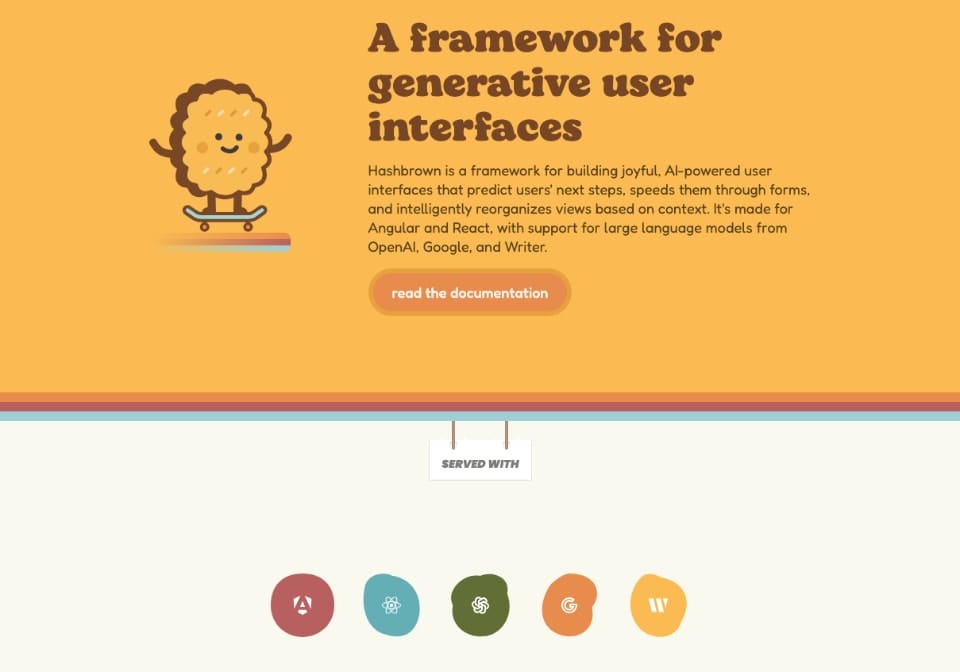
Hashbrown is a TypeScript framework designed to make it easier to use large language models (LLMs) in frontend web apps. It helps manage LLM state, connects with app data and services, turns natural language into structured info, lets apps expose components to the LLM, aids in debugging LLM responses, and runs LLM-generated code right in the browser. It supports server-side rendering but focuses mainly on frontend, so it doesn’t handle LLMs on backend platforms like Node or Deno yet.
🛠️ Projects built by Vibe Coders
Showcase features a variety of projects built by Vibe Coders using different AI tools (Bolt.new, Lovable, Cursor, Windsurf, etc.)
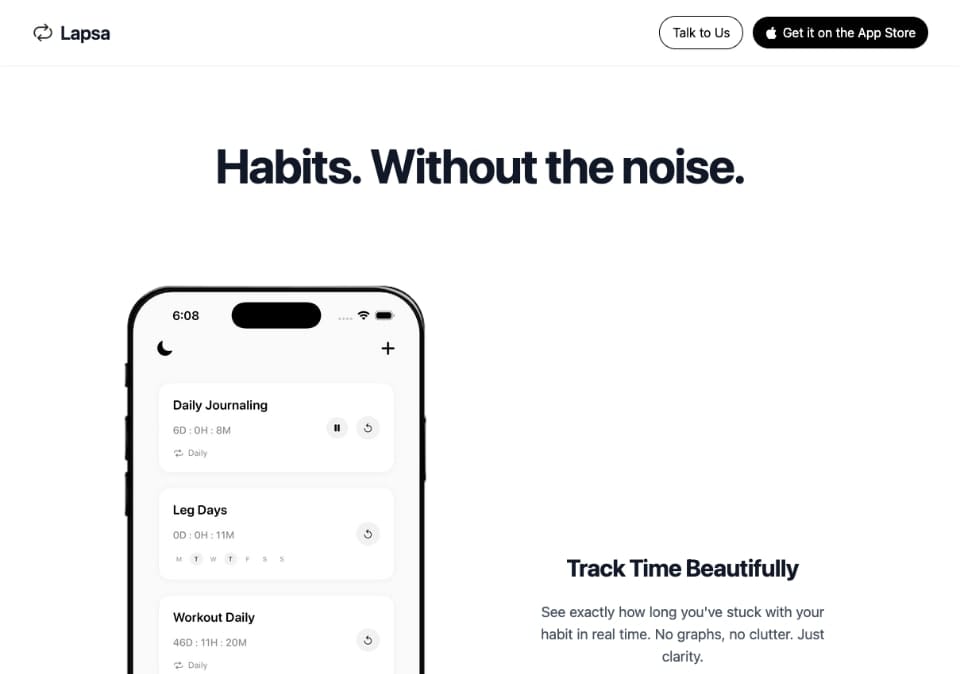
Lapsa is a simple habit tracker app. Its creator used ChatGPT to generate the boilerplate Xcode code and then customized it. The design was built in Figma. The app received 500 downloads in just 4 days! 👏
🎧 Recommended Podcast
Tune in to some of the best podcasts on AI and software development—featuring interesting conversations and expert insights. Perfect for your next coffee break.
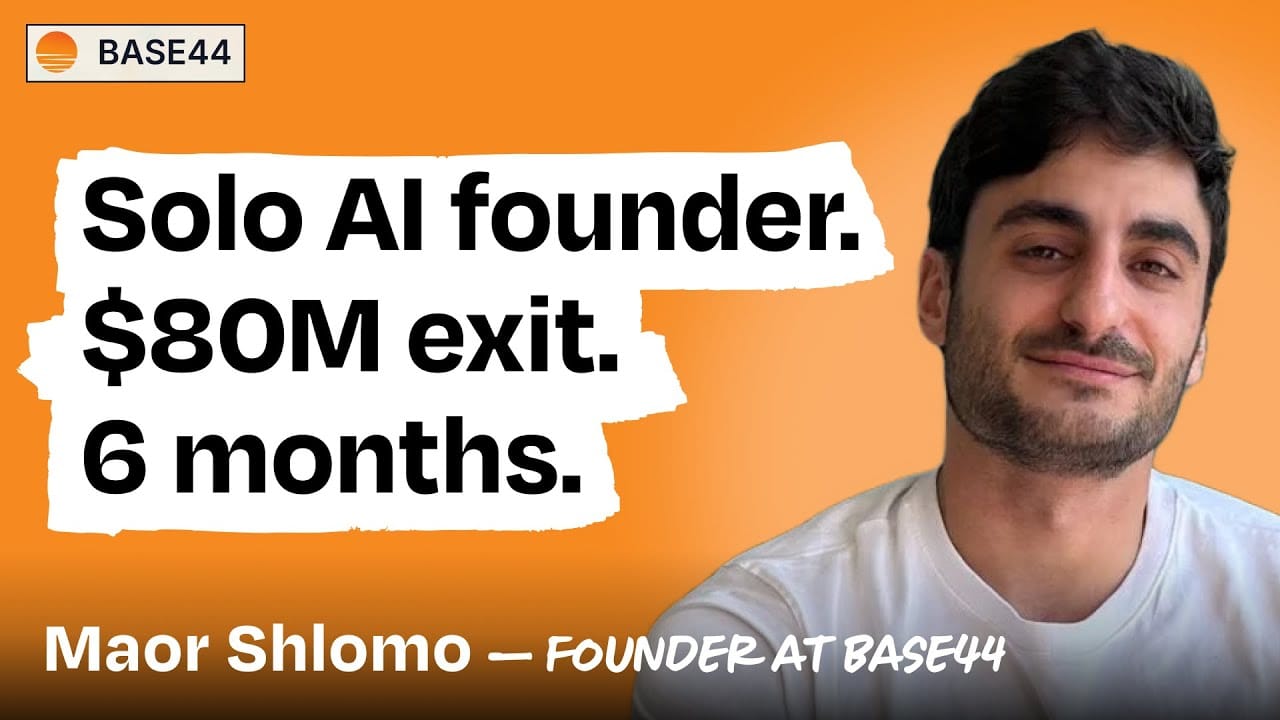
A great podcast by Lenny Rachitsky, where he chats with Maor Shlomo, the founder of Base44, an AI-powered app builder he bootstrapped to an $80 million acquisition by Wix in just six months. As a solo founder managing severe ADHD, Maor hit $1M ARR just three weeks after launch and grew the product to over 400,000 users, all while navigating two wars in Israel and without raising any outside funding.
📺 Videos Worth Watching
These are must-watch videos from the world of AI and the Vibe Coding space.
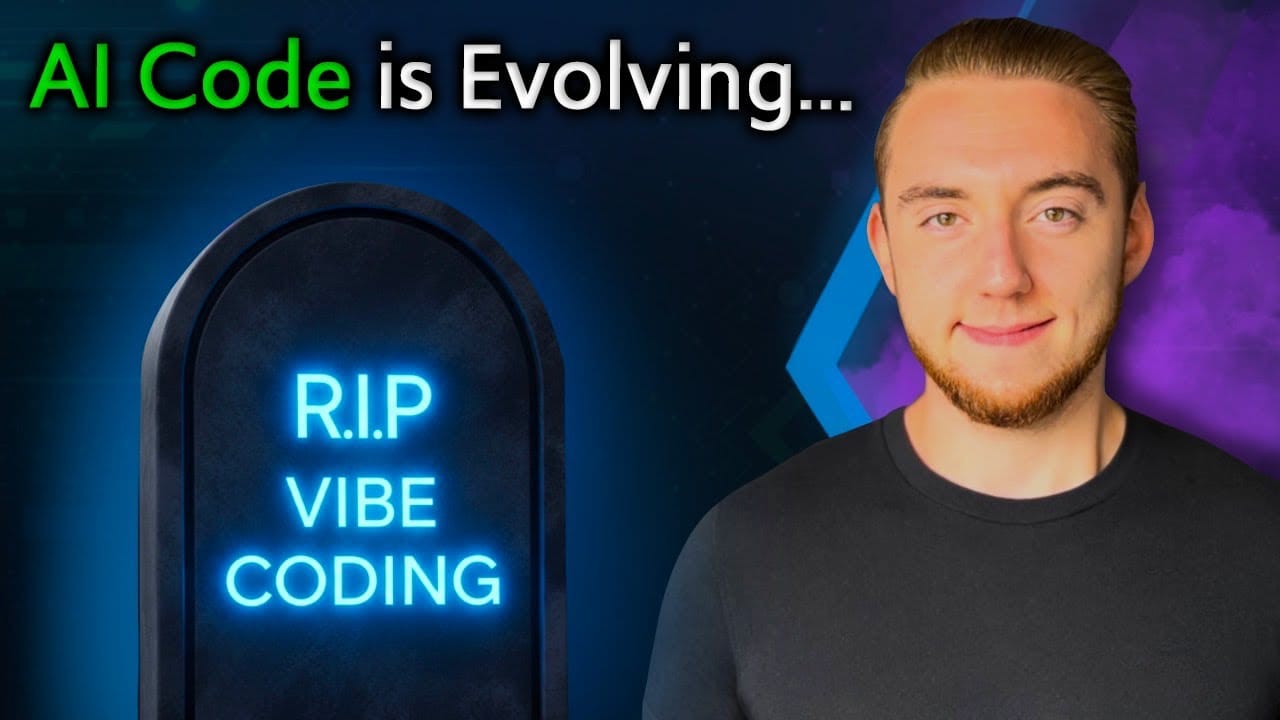
In this video, Cole Medin dives into what context engineering really involves, then heads into the lab with Claude Code to demonstrate how it works using a real, practical example.
😂 AI Joke

That’s a wrap! Stay curious and catch you next time 👋